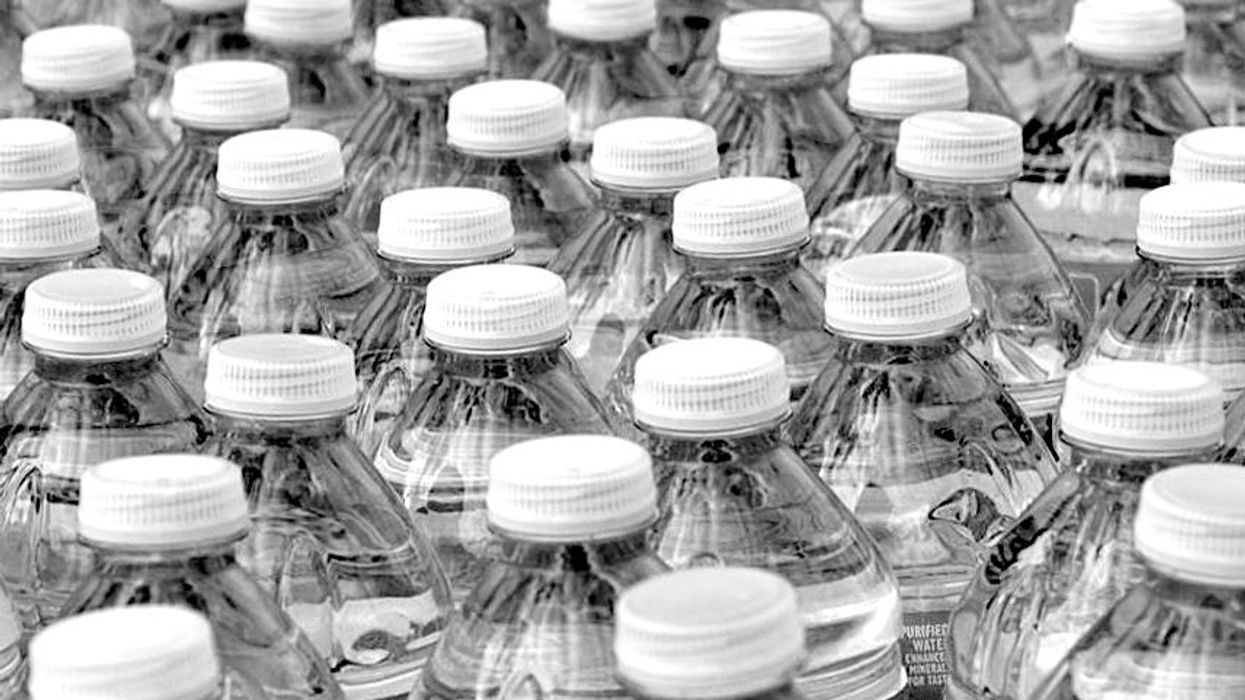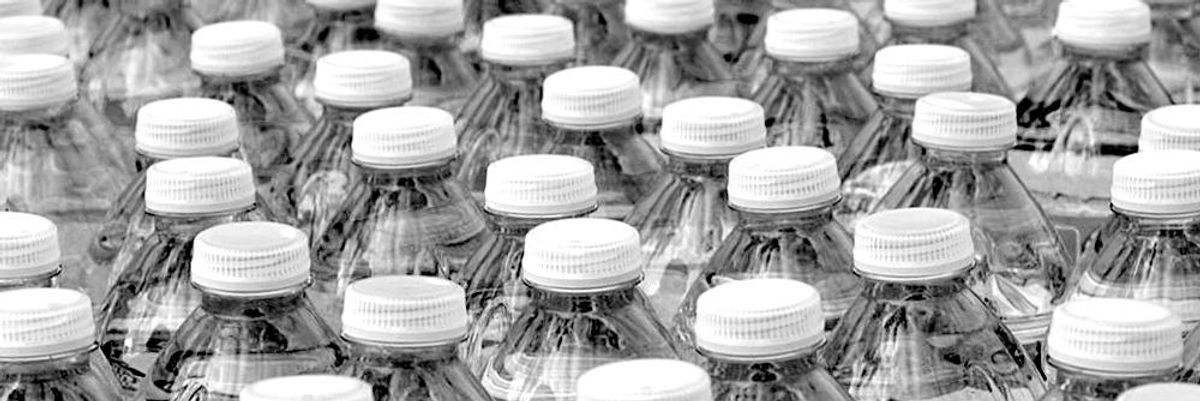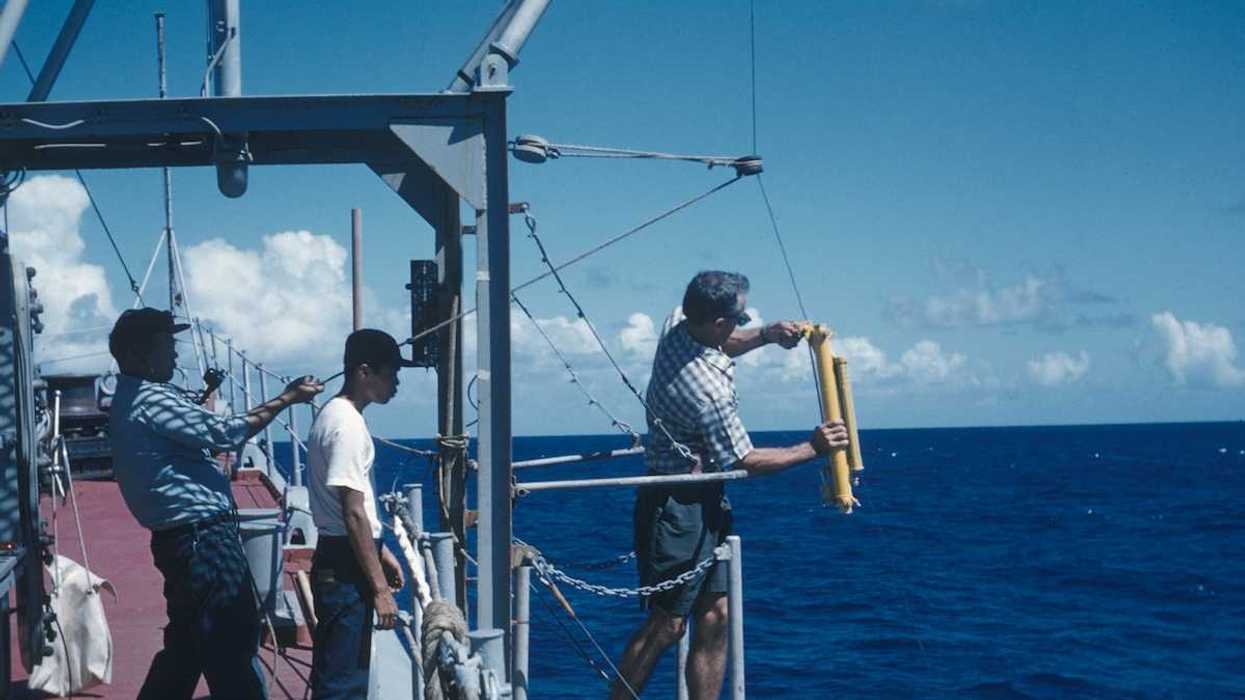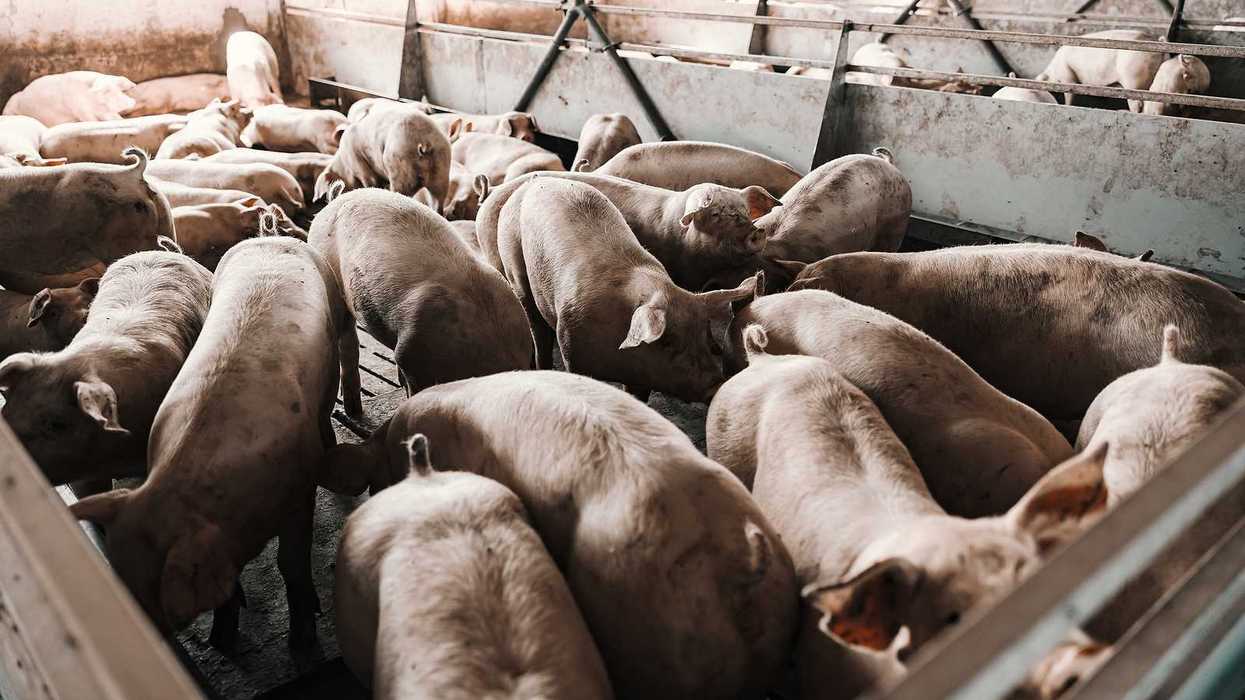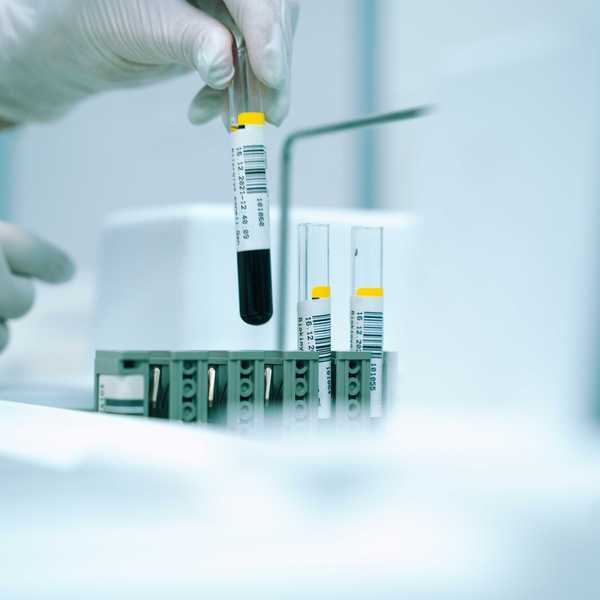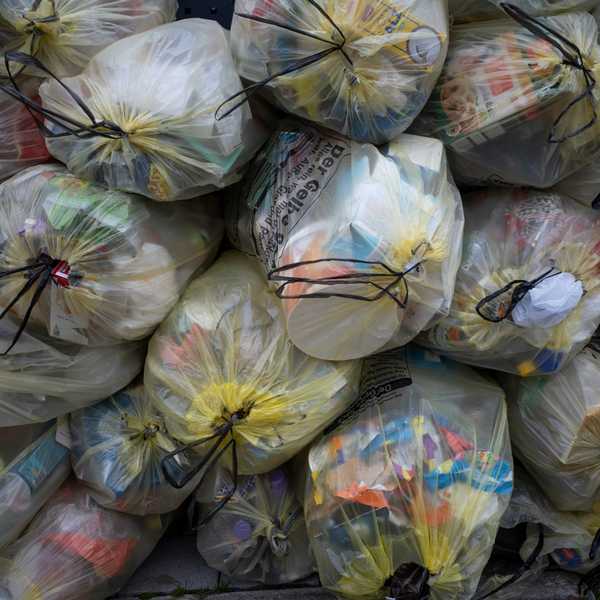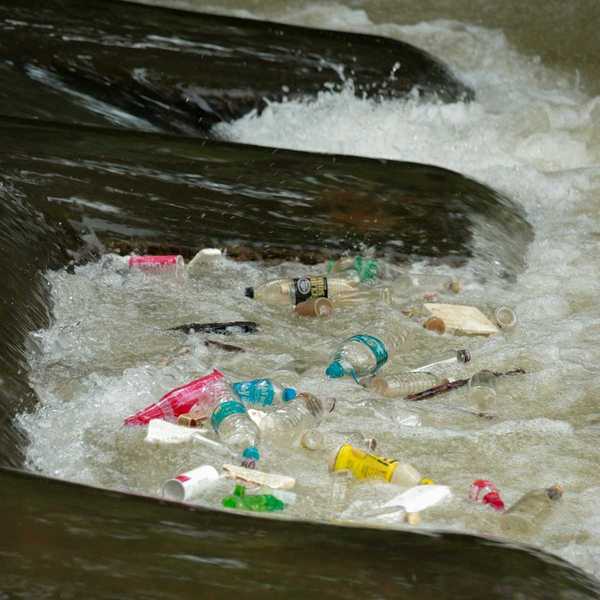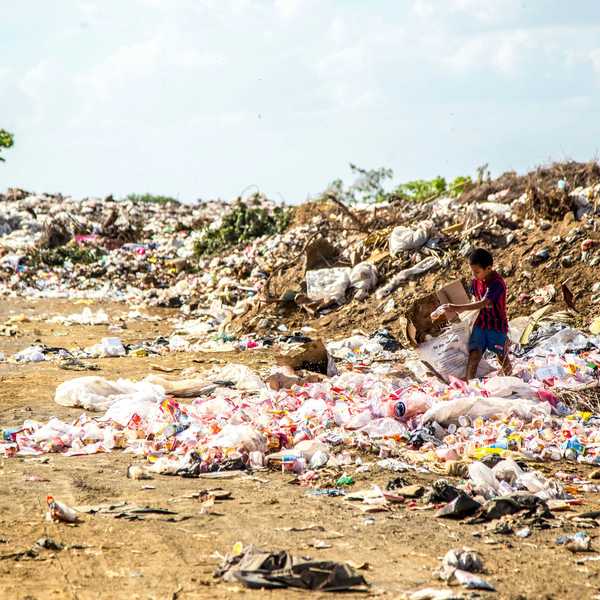Physicians and public health officials this week renewed calls for policies that rid microplastics from our bodies and the environment, after new science confirmed the risks of plastic pollution to human health.
The new report, from Environment & Human Health, Inc., a nonprofit coalition of physicians and public health professionals, concludes no other pollutant is likely as abundant as microplastics or so widely distributed in the global environment.
They are found in fruits, vegetables, water, beer and even our salt.
All the people on the Earth
About 380 million tons of plastic are produced each year, a similar weight to all the people on Earth. An estimated 60% of that production gets landfilled, burned, or recycled. The rest – 152 million tons of plastic annually – ends up somewhere in the environment.
“Almost 500 scientific studies were reviewed in the writing of this report, and they show that each of us ingests and inhales millions of microscopic plastic particles each year," said Gaboury Benoit, a professor of environmental chemistry at Yale University and report author.
"Microplastics carry chemical additives and coatings as well as potentially pathogenic microbes. Disturbingly, their impact on human health is not yet known."
Plastics & BPA
Plastics recommendations
The report calls for sweeping policy initiatives that need to be enacted by international, federal, state, and city governments, as well as calling on corporations to better protect the public from harmful plastic and microplastic exposures. Among the recommendations:
- Ban future permits for proposed plastic manufacturing plants.
- Test municipal drinking water for microplastics and retrofit treatment to eliminate them in drinking water.
- Expand the federal Microbead-Free Waters Act of 2015 to ban manufactured microbeads in all consumer products, not just cosmetics and over-the-counter pharmaceuticals.
“We need to stop plastic production at its source. This will take international agreements between nations, regulations in the United States at all levels of governments, and include the cooperation of industry and the efforts of individual citizens,” said Nancy Alderman, president of Environment and Human Health, Inc.
Read the full report here
Banner photo credit: Steve Depolo/Parley.tv

